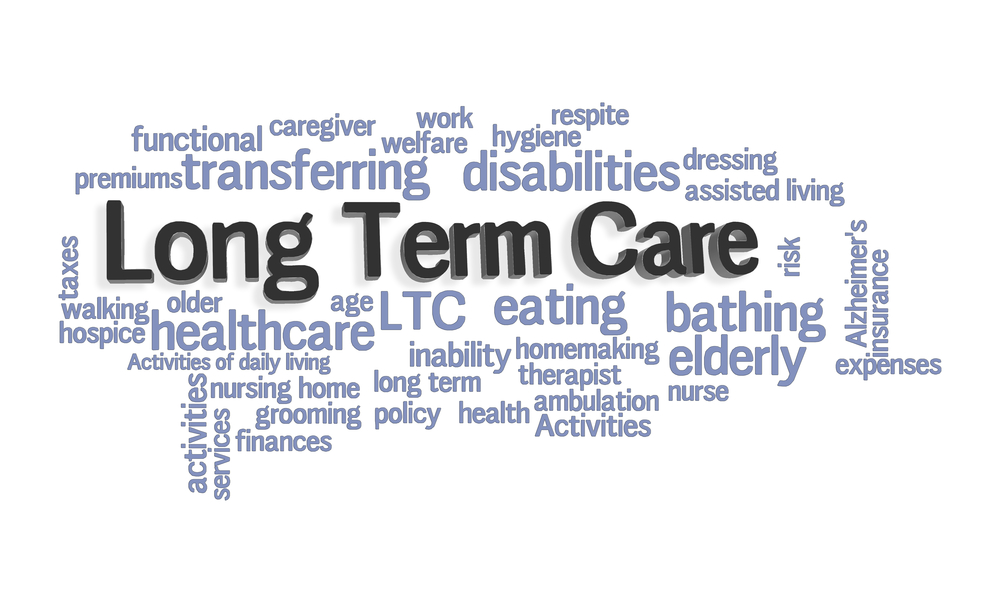A new study has found that the retirement savings rate significantly improves when employees and workers get help with the bigger picture of their financial life. Employees who had access to ongoing coaching and insight for all aspects of their financial lives saw a retirement plan contribution rate increase up to 9.4% of their pay in 2018 when compared with 2013 numbers of 6.3%.

Those who reported being on track to achieve their retirement planning goals also jumped from 21% in 2013 up to 57% in 2018. This makes it even more important for workers to understand how to get advice about all money related matters. The study looked at more than 2,400 employees who had access to coaching. Financial wellness also improved during the five year period that they received personalized assistance.
The employees with the greatest levels of financial stress have foundational level issues, such as building an emergency fund, issues like cash flow and debt management. Having a bigger and better perspective on your entire financial life and including estate planning and other important provisions can help you to feel more confident about your future. Schedule a consultation today with an experienced estate planning lawyer to talk more about how retirement plan is a part of your overall estate plan and what it can mean for you as well as your beneficiaries.



















